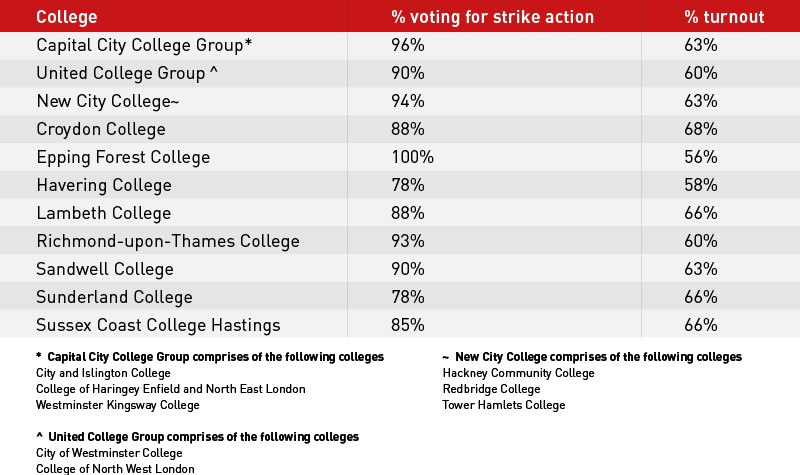A college has been hit with its third ‘inadequate’ Ofsted rating in the space of just five years.
The latest report on Stockport College was published this morning.
It was found to be grade four overall and received the worst possible rating for effectiveness of leadership and management; quality of teaching, learning and assessment; outcomes for learners, and 16-to-19 study programmes.
The report repeatedly warned that lessons had not been learned from the previous ‘inadequate’ inspection findings in November 2016.
“Leaders and governors have not reversed the decline in standards since the previous inspection,” it said.
They had also “not responded quickly enough to address all weaknesses identified at the previous inspection”.
Stockport College was said in the report to provide education and training for around 1,056 learners aged 16 to 18, as well as 1,776 adult learners, the large majority of whom are studying part time.
It was actually rated ‘outstanding’ by Ofsted back in 2008.
But the next inspection verdict was a devastating drop to ‘inadequate’, before an improvement to grade three in 2014, and the subsequent further two grade fours.
The latest report warned that “the financial status of the college is weak and the college remains in administered status”.
It did recognise that “partnerships with local employers and key stakeholders are good”, and accepted that the board had been strengthened since the last report and “governors have been recruited with a good range of skills and expertise to support the senior leadership team”.
But it warned: “The quality of teaching, learning and assessment remains inadequate. Achievement rates for learners on 16 to 19 study programmes declined further in 2016/17 and are inadequate. Leaders and managers have failed to ensure that the principles of study programmes are met.”
It added that although the new leadership team “has implemented changes, the rate of improvement in teaching, learning and assessment is too slow”.
“Although improved since the previous inspection, learners’ attendance remains too low,” it added. “Too few learners attend their lessons and too many are late, particularly to English and
mathematics lessons.”
It said that while leaders had been working to “secure a sustainable future for the college, the college finances remain inadequate”.
Stockport College announced plans last summer to merge with ‘good’ Ofsted rated Trafford College.
FE Week had previously revealed in February last year that plans to merge Tameside, Oldham and Stockport colleges had been called off after intervention from FE commissioner Richard Atkins.
That proposal had been made at the end of a troubled nine-month process riven by deep tensions between the Greater Manchester Combined Authority and the colleges involved.
Dr Mike Potter CBE, transition principal for the college, preferred to reflect on the positives from the latest report.
“Whilst naturally disappointed at the latest Ofsted inspection result after all the hard work that staff and governors have put in over the past sixteen months, and that the two previous Ofsted re-Inspection monitoring visit reports have noted that there has been reasonable progress in most areas identified for improvement, we recognise that there is still further work to be done,” he said.
“That said, we take some comfort from the positives in the detailed text of the report, and that more strengths, particularly around skills’ development, partnerships, and support for learners were evident to the Inspection team this time.”


